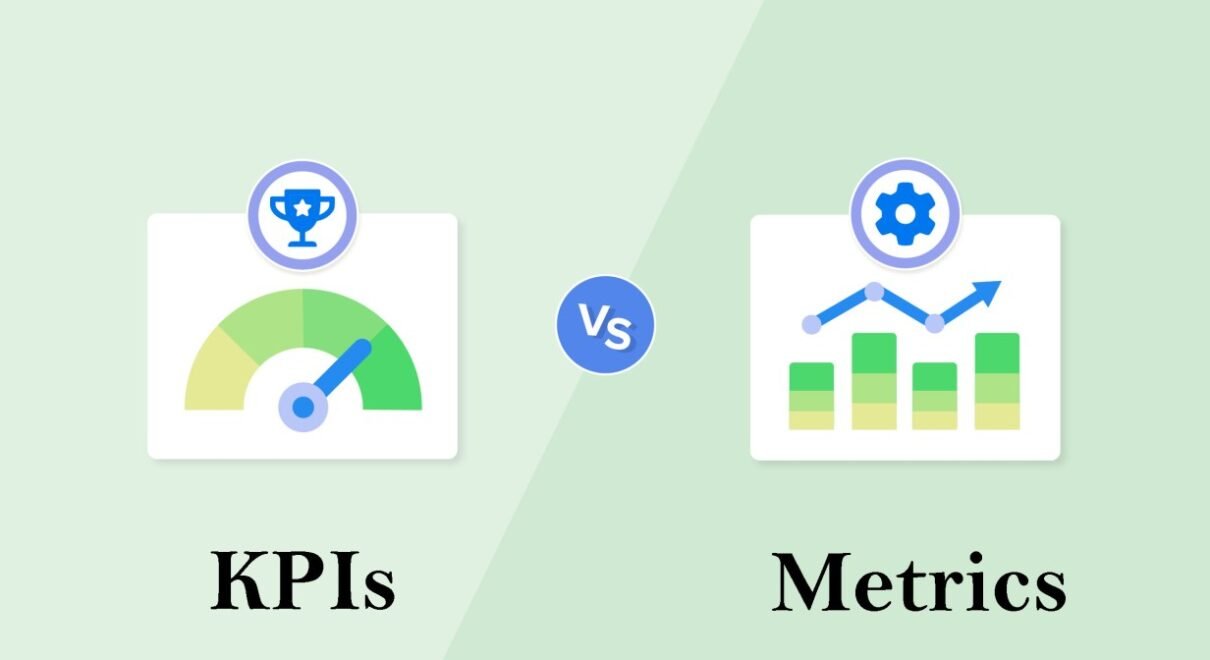Key Performance Indicators (KPIs) are the compass guiding individuals, teams, and organizations toward their objectives and success.
These quantifiable metrics serve as a crucial tool for evaluating performance, measuring progress, and making data-driven decisions.
In this article, we will delve into the world of KPIs, exploring what they are, their importance, how to choose the right KPIs, and their applications across various sectors.
Understanding KPIs
KPIs, or Key Performance Indicators, are measurable values that reflect the progress or success of an organization, a department, or an individual in achieving specific goals and objectives.
KPIs are chosen to align with the overarching mission and objectives of the entity being measured.
They serve as a way to track performance, measure success, and identify areas for improvement.
The Importance of KPIs
- Objective Evaluation: KPIs provide an objective and quantifiable way to evaluate performance, eliminating subjective judgments.
- Alignment with Goals: KPIs help ensure that all efforts are in line with the overarching goals of the organization, department, or individual.
- Focus and Prioritization: KPIs help in prioritizing tasks and efforts by highlighting what truly matters for achieving success.
- Performance Improvement: By continuously monitoring and analyzing KPIs, organizations can identify areas for improvement and implement strategies to enhance performance.
- Accountability: KPIs create accountability, making it clear who is responsible for achieving specific objectives.
Choosing the Right KPIs
Selecting the right KPIs is a critical step in the process. Here are key considerations:
- Relevance: KPIs should be directly relevant to the goals and objectives of the entity being measured.
- Measurability: KPIs should be quantifiable and easy to measure. They must produce data that can be consistently tracked.
- Specificity: KPIs should be specific and clearly defined to avoid ambiguity.
- Time Frame: KPIs should have a defined time frame or period for measurement, whether it’s daily, monthly, or annually.
- Benchmarking: It’s often useful to compare KPIs to industry benchmarks or historical data to provide context for the measurements.
Applications of KPIs
- Business Performance: In the business world, KPIs are used to evaluate various aspects, such as sales, revenue, customer satisfaction, and employee performance.
- Project Management: KPIs help track the progress of projects, ensuring they stay on schedule and within budget.
- Healthcare: In healthcare, KPIs can measure patient outcomes, hospital efficiency, and the quality of care.
- Education: In education, KPIs assess student performance, teacher effectiveness, and the quality of educational programs.
- Government and Public Sector: KPIs are used to measure the performance and impact of government initiatives and services.
Case Studies: KPIs in Action
- Google: Google uses KPIs to measure the success of its search engine, including metrics like search result relevance, click-through rates, and user satisfaction.
- Amazon: Amazon tracks KPIs related to customer satisfaction, delivery times, and the efficiency of its supply chain to maintain its position as an e-commerce giant.
Conclusion
Key Performance Indicators (KPIs) are the guiding stars that illuminate the path to success in a multitude of sectors.
They are the compass that helps organizations, individuals, and teams navigate toward their goals.
By carefully selecting, measuring, and analyzing KPIs, entities can evaluate performance, improve processes, and ensure that all efforts align with overarching objectives.
KPIs are the essential framework for achieving success and staying on course in an ever-evolving world.






